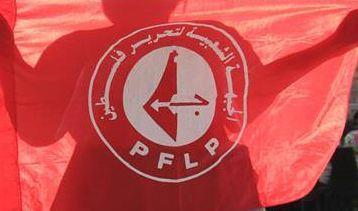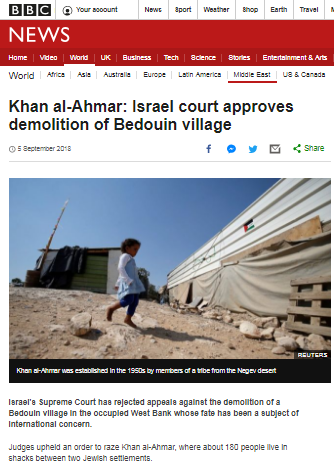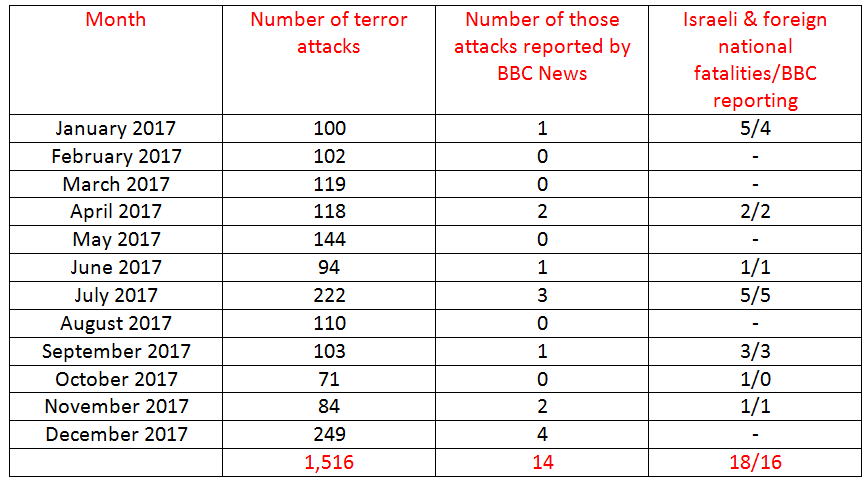The BBC’s profile of the PFLP informs audiences that:
“During the 1970s, the PFLP was the second largest faction in the Palestine Liberation Organisation (PLO)…”
Although readers of that profile wouldn’t know it, the PFLP – designated a terror organization by the US, Canada, Australia and the EU – continues to hold the number two position in the PLO with the largest faction still being Fatah.
That status apparently comes with cash benefits to the tune of $70,000 a month in handouts from the PLO’s financial arm – the Palestinian National Fund. Or at least it did – until the chairman of the PLO’s executive committee Mahmoud Abbas (who is also of course the Palestinian Authority president and head of Fatah) recently decided, according to PFLP officials, to suspend that monthly payment.
“Rabah Muhanna, a top PFLP official, said that his group learned about Abbas’s decision a few days ago. He claimed that Abbas did not consult with other PLO factions before he decided to suspend funds to the PFLP.
“This is an individual decision,” Muhanna said. “We will bring it before the PLO Executive Committee for discussion. We will also raise the issue before Abbas himself.””
The BBC’s Jerusalem and Ramallah offices of course generally avoid reporting on internal Palestinian politics and so it is not surprising that this story (and an apparently related one) has not been deemed newsworthy.
However, the corporation’s audiences might nevertheless have liked to see some reporting on the  subject of why the body which conducts negotiations with Israel on behalf of the Palestinian people – supposedly in order to reach a peace agreement – includes a proscribed terror organization which, as its logo indicates and in contrast to the impression given in the BBC’s profile, does not support the two-state solution.
subject of why the body which conducts negotiations with Israel on behalf of the Palestinian people – supposedly in order to reach a peace agreement – includes a proscribed terror organization which, as its logo indicates and in contrast to the impression given in the BBC’s profile, does not support the two-state solution.
The BBC’s UK audiences might have been particularly interested in finding out why their own government’s Department for International Development has for years funded the PLO’s ‘Negotiations Support Unit’ if the organization is capable of spending tens of thousands of dollars a month on hand-outs to its component groups – including a terrorist organisation.




